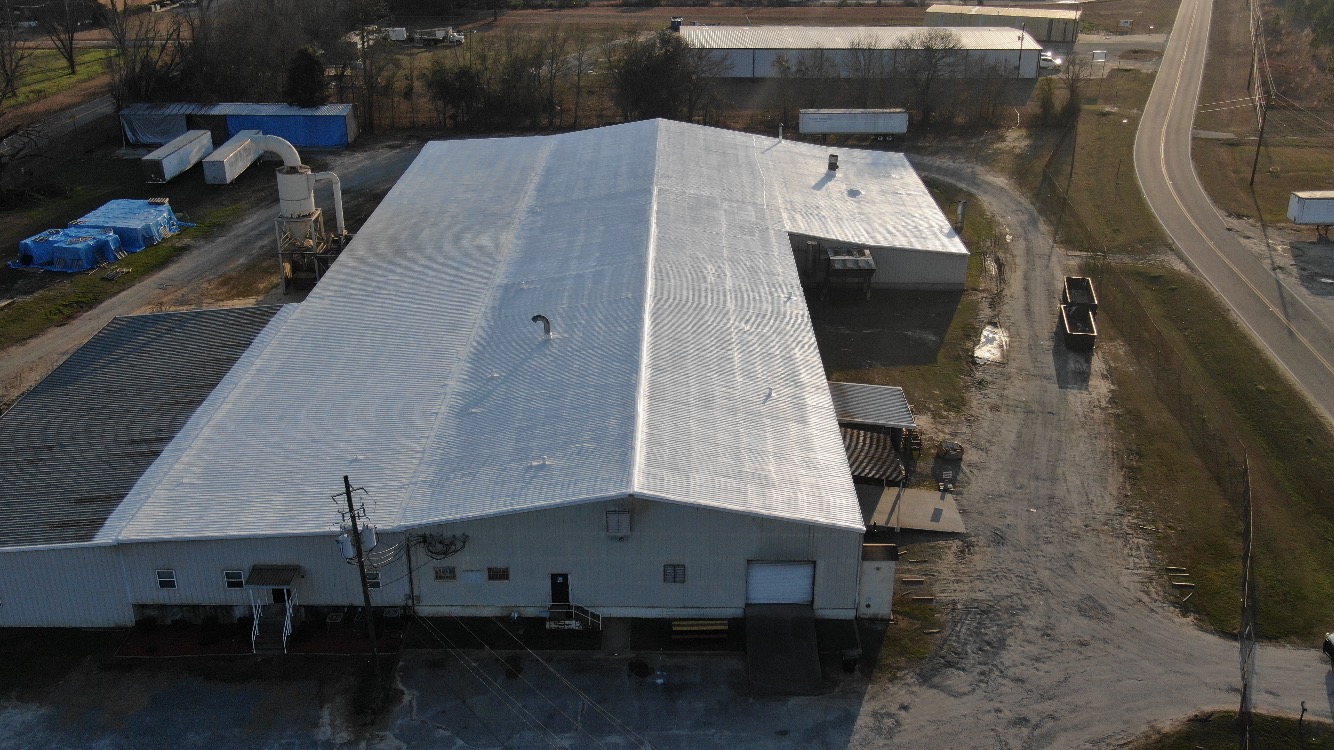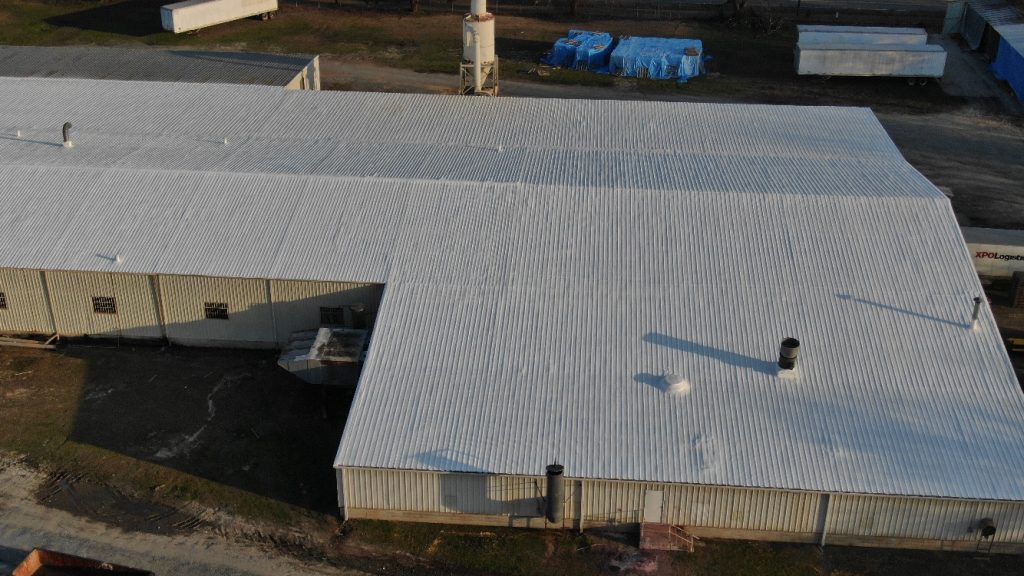
Essential Roofing Tips for Every Property Owner Going into Summer
As the seasons transition from the colder, wetter months to warmer and drier ones, many property owners breathe a sigh of relief, especially if their roofs have been prone to leaks. It is easy to fall into the mindset that if there are no visible issues, everything is fine; however, this can be a costly assumption. At Rugged Coatings, where we specialize in top-tier roof coatings that work seamlessly with Accufoam roof foam to create the Rugged Roofing System, we understand the importance of routine roof inspections, no matter what type of roof system you have.
Why Inspect Your Roof?
Preventative Maintenance: Regular inspections help catch minor issues before they become major problems. Just because your roof stops leaking during dry months does not mean the issue has resolved itself. It may just be lying dormant, waiting for the next heavy rain to make an appearance.
Longevity of Roof Life: Routine inspections and maintenance can significantly extend the life of your roof. By addressing small repairs early, you avoid the need for more extensive and expensive repairs or even premature replacement.
Safety: A compromised roof can present serious risks. Over time, unaddressed leaks can lead to structural damage, mold, and mildew, which can affect the health and safety of your home environment.
Cost Savings: Investing in regular inspections can save you money in the long run. Catching and repairing small issues is far less expensive than major repairs or a full roof replacement.
What to Look for During an Inspection
Visual Inspection: From the ground, look for signs of roof damage such as missing, cracked, or curling shingles. If you have a metal roof, look for rust and seam separations. For those with tile roofs, check for broken or missing tiles.
Debris: Make sure to check for debris that can accumulate on your roof. Leaves, branches, and other materials can retain moisture against the roof surface, leading to decay and leaks.
Drainage: Ensure that gutters and downspouts are clear of obstructions. Proper drainage is crucial to prevent water accumulation on your roof, which can lead to leaks and water damage.
Surface Wear: Look for signs of wear in the roof material itself and around roof fixtures like chimneys, vents, and skylights. These are common areas for leaks to develop.
Interior Inspection: Do not forget to look inside. Check your attic and ceilings for any signs of water staining or mold growth, as these can indicate roof leaks.


Special Considerations for Spray Polyurethane Foam (SPF) Roofs
For those with an SFP roofing system, your inspection might focus on a few additional areas:
Coating Integrity: Check the integrity of the roof coating. Look for any areas where the coating might be thinning or degrading. These coatings are your roof’s first line of defense against the elements.
Foam Condition: Inspect the condition of the foam for any signs of degradation or damage. Foam roofing systems are excellent for insulation and waterproofing, but they need to be in good condition to perform these functions effectively.
Seam Strength: Ensure that all seams and edges are well-sealed and intact. These areas are vulnerable to leaks if not properly maintained.
When to Call a Professional
While a basic inspection can be done by most homeowners, there are times when it is wise to call in a professional. If you notice significant damage, or if your roof is difficult to access, hiring a professional roofing inspector or contractor is the safest choice. They can provide a more thorough assessment and handle any necessary repairs.
Conclusion
Going into the warmer and drier months, it is tempting to ignore your roofing system if there are not any immediate problems. However, the absence of leaks during dry weather does not guarantee that your roof is in good condition. Regular inspections are crucial for the longevity, safety, and efficiency of your roof.
At Rugged Coatings, we advocate for proactive roof care. Remember, a little prevention in the form of routine inspections can go a long way toward ensuring your roof remains sound for years to come. Protect your home by making sure your roof is prepared to handle whatever the weather throws its way.


